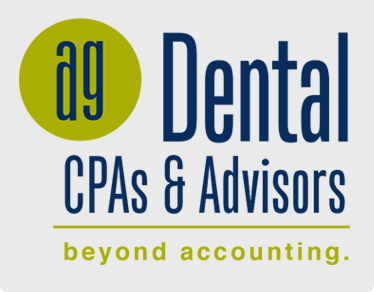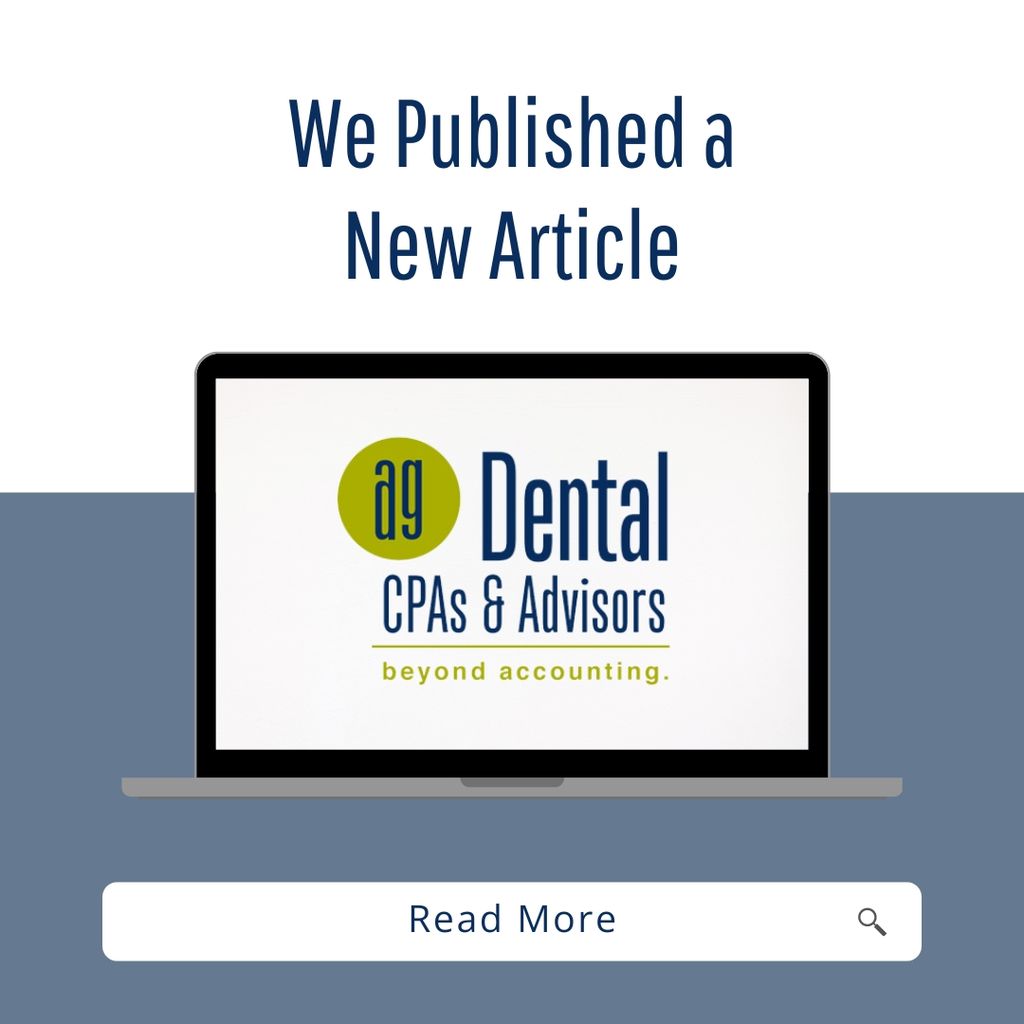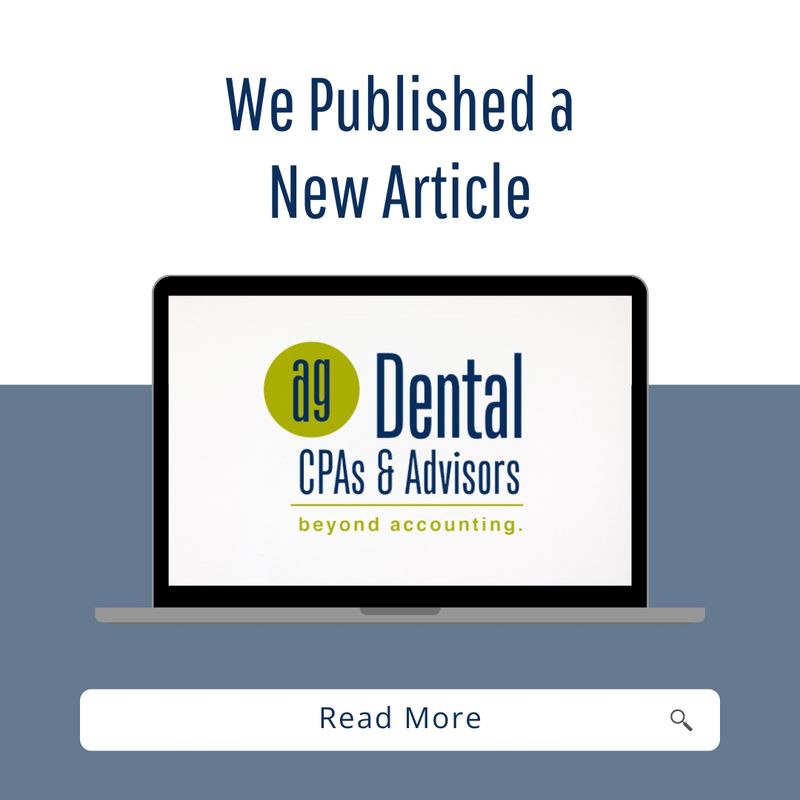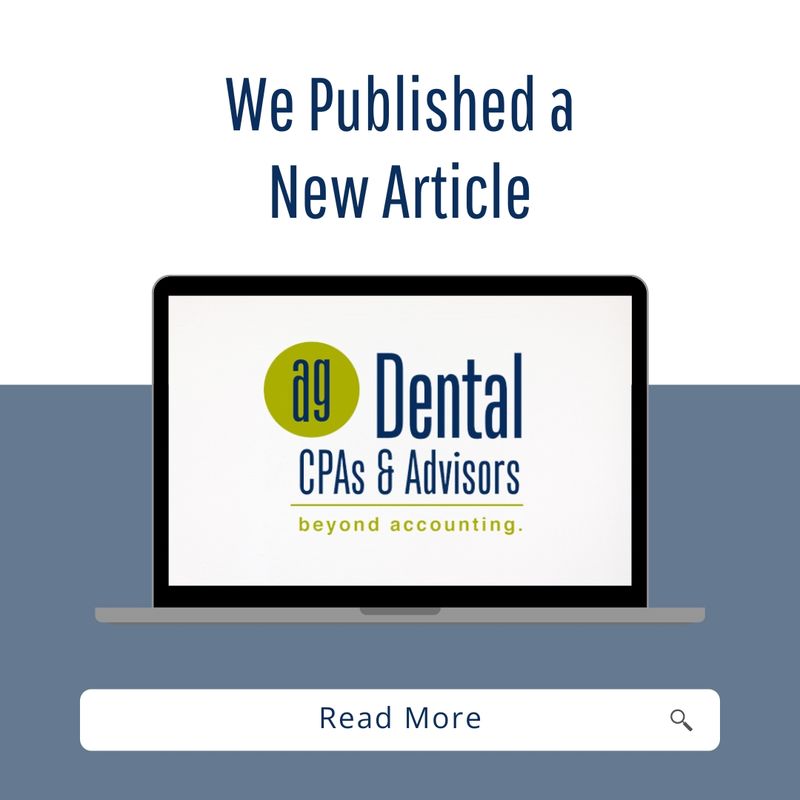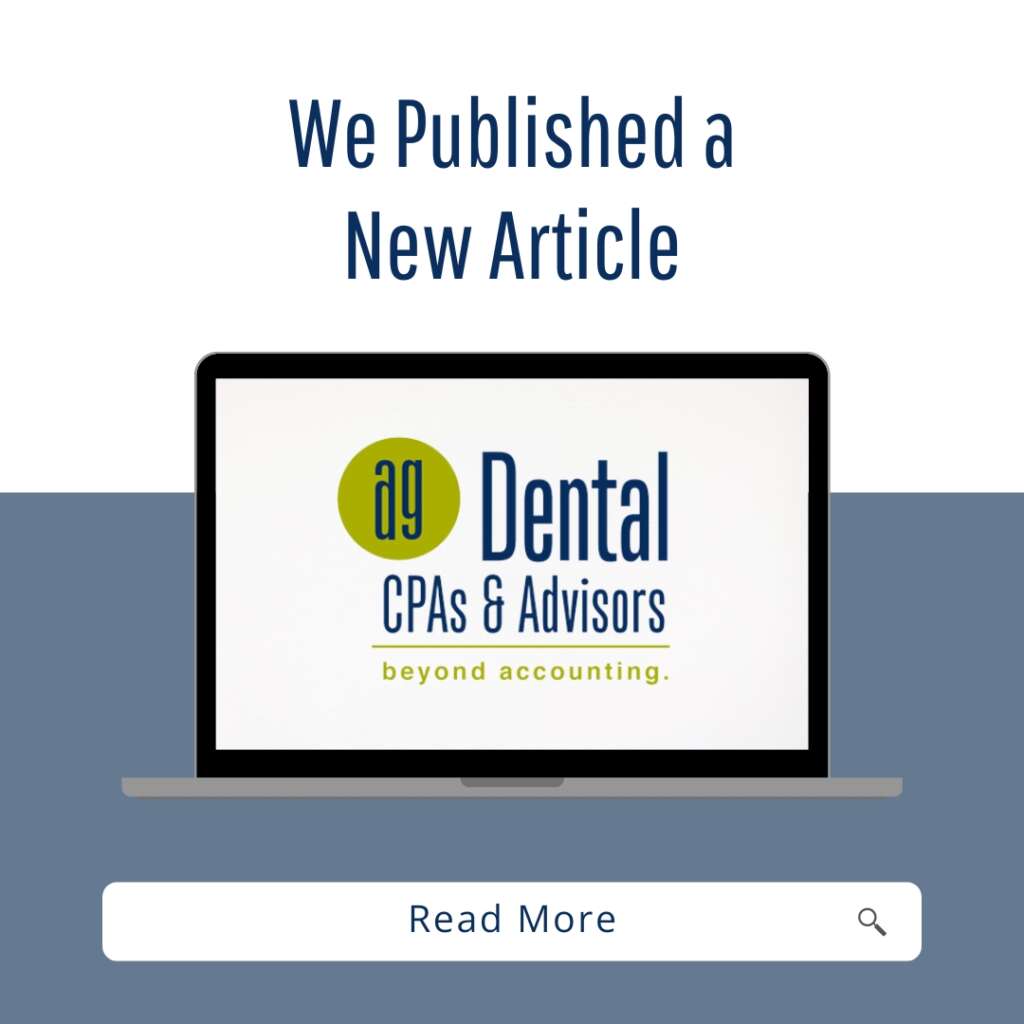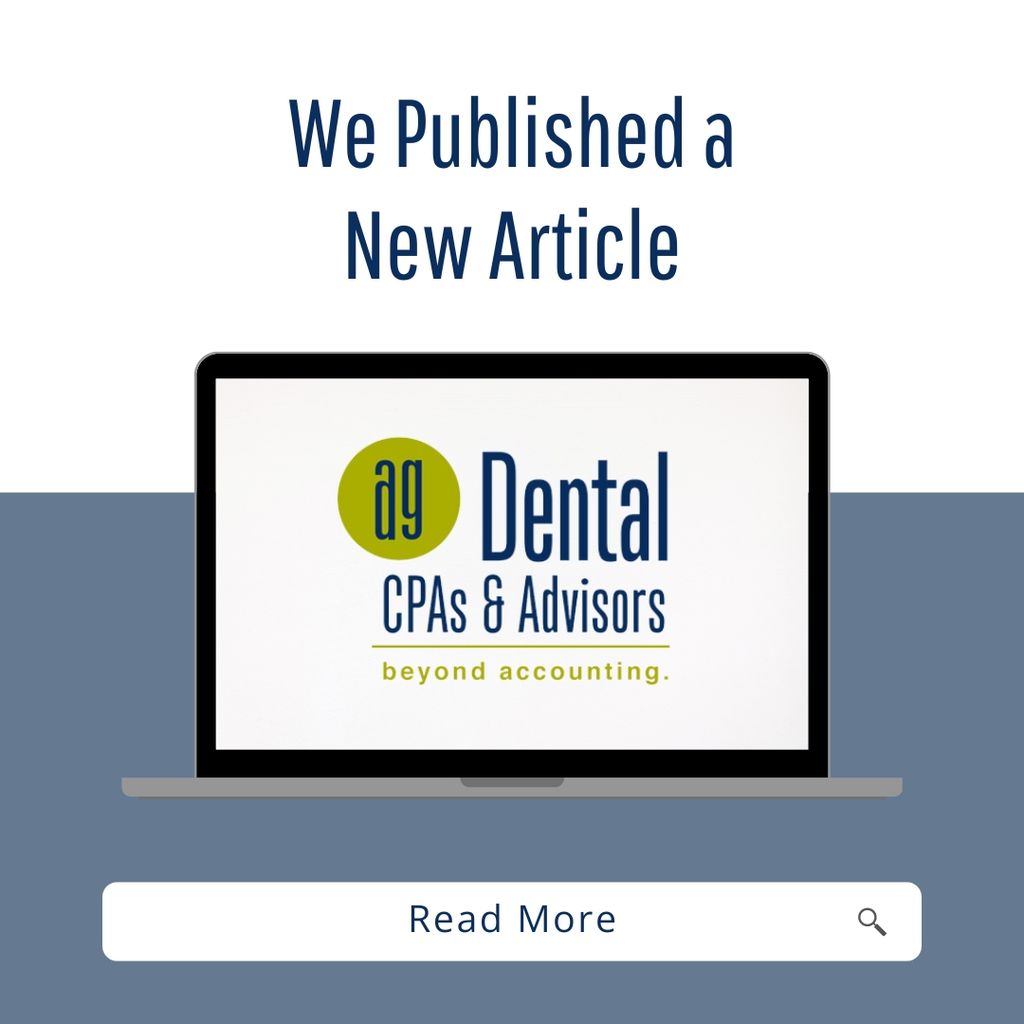
Whether you’re launching a new dental practice or considering the purchase of an existing one, managing the acquisition process comes with its own set of tax challenges. At Apple Guerin Company LLC, our expertise as a Dental CPA in Baton Rouge can help you navigate these complexities with confidence. We’re dedicated to ensuring you have the right information and tools to manage your acquisition smoothly and efficiently.
Key Factors in Dental Practice Acquisition
Evaluating Practice Value:
Before committing to an acquisition, obtaining a professional appraisal of the practice’s assets is crucial. This involves assessing everything from the condition of the premises and equipment to the practice’s location, cash flow projections, employee salaries, patient volume, and goodwill. As experienced Dental CPAs in Baton Rouge, we provide detailed estimates of your acquisition costs and explain their tax implications, ensuring you’re fully informed.
Verifying Seller Information:
Thorough due diligence is essential when considering a practice. Conduct on-site visits at different times to observe patient flow and operational dynamics. During negotiations, verify patient counts through practice management software or by reviewing sample patient records. If the practice’s building is not included in the sale, carefully examine the lease terms to avoid potential pitfalls.
Considering Build-out and Renovation Costs:
Factor in the costs for any necessary renovations or upgrades to the newly acquired practice. Even if the facility is modern, it may need modifications to meet your standards or vision. Older practices, in particular, may require significant updates. While an appealing property deal might seem attractive, understanding the full scope of renovation costs is essential to prevent unexpected financial strain.
Understanding Reputation:
The reputation of the practice you’re acquiring can significantly impact your success. Negative reviews or challenges with patient retention from the seller could pose difficulties. Although you can improve the practice’s reputation over time, it requires proactive efforts. Allocate resources to marketing, showcase renovations through open houses, and engage with the community to build goodwill.
Seeking Expert Guidance
If you need assistance with the hidden costs of acquiring a dental practice, tax preparation services, or financial advice on managing your new practice, Apple Guerin Company LLC is here to help. Contact us today to schedule a complimentary consultation with our Dental CPA in Baton Rouge and let us guide you toward successful acquisition and financial stability.
